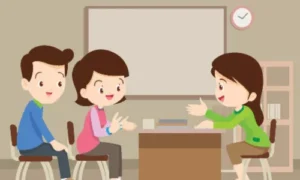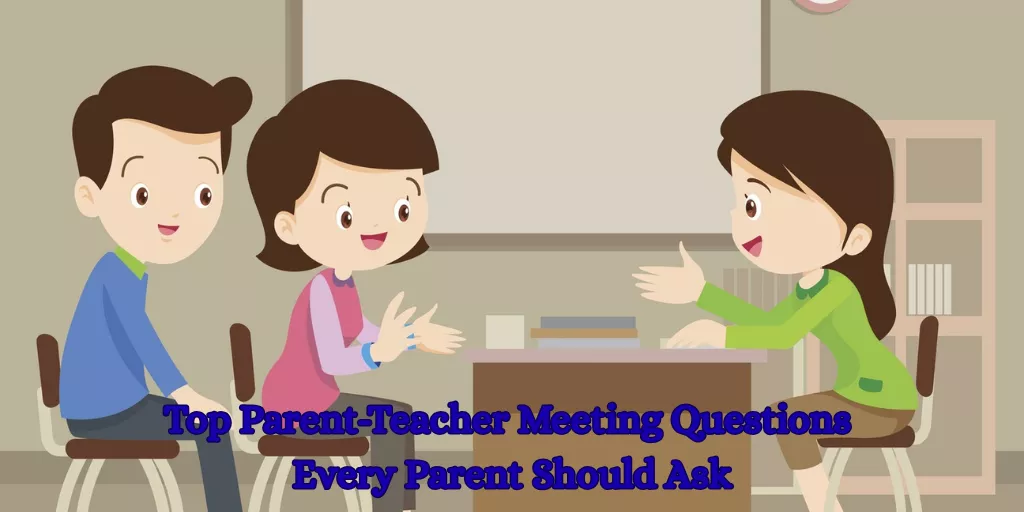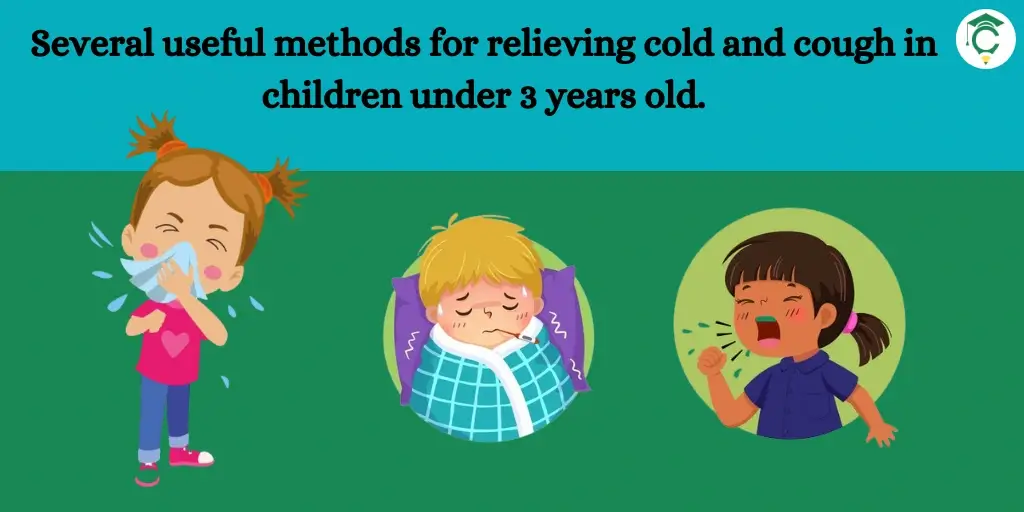One of the best opportunities for parents to interact with teachers and learn about their child’s educational path is through a parent-teacher meeting. Finding out how your child is doing intellectually, socially, and emotionally at school is more important than simply looking at grades.
Being prepared helps you get the most out of these brief meetings. During a parent-teacher conference, all parents should ask these crucial questions.
Also See: 10 Effective Parenting Tips
Important questions every parent should ask

1. How is my child’s academic performance?
Let’s start with the fundamentals. Inquire with the teacher about your child’s progress in language, science, and math classes. This enables you to recognise your child’s areas of strength and potential need for additional assistance.
2. How does my child participate in class?
While some kids are silent observers, others excel in class debates. You can learn more about your child’s self-esteem, communication abilities, and classroom behaviour by posing this question.
3. How well does my child get along with classmates?
Academics are crucial, but so is social development. You may help your child develop positive friendships and collaboration abilities by being aware of how they interact with their peers.
4. What are my child’s areas of strength and growth?
Each youngster has special abilities and difficulties. In order to support your child’s strengths and collaborate on their weaknesses, teachers can assist you in identifying both.
5. What can I do to help my child study at home?
Among the most important inquiries you may pose is this one. Teachers frequently come up with brilliant ways to reinforce what is taught in class, such as reading habits, easy practice tasks, or internet resources.

6. Is my child fulfilling expectations for their grade?
You may monitor your child’s progress and identify early indicators of difficulty before they become more serious problems by knowing how they stack up against the expected learning criteria.
7. Are there any issues with attention or behaviour?
Teachers may observe patterns that you might not notice at home because they spend a lot of time with your child. By talking about these, you may collaborate to promote improved behaviour and attention.
8. How can we stay in touch in the future?
Find out if phone calls, school apps, or email are the best ways to stay in contact. You can stay informed about your child’s development and any forthcoming activities if you maintain open lines of communication.
Conclusion
A parent-teacher conference is an opportunity for collaboration. Children flourish academically and emotionally when parents and educators collaborate. Therefore, approach the situation with interest, listen with an open mind, and keep in mind that development, not perfection, is the aim.






